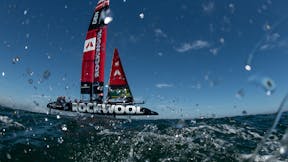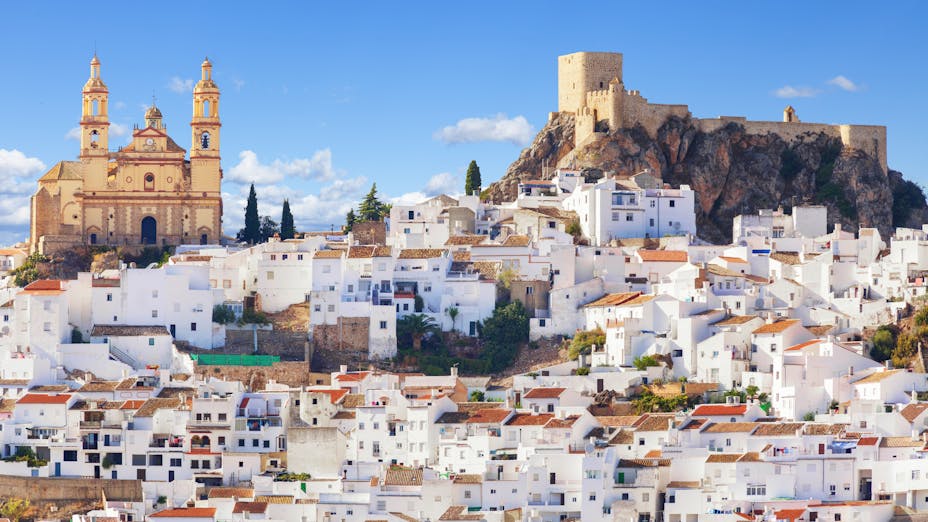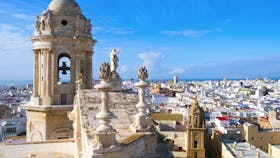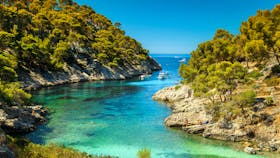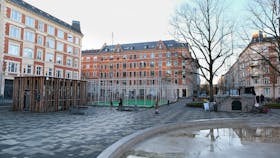Growing up by the sea close to Cádiz, Angel León González often went fishing with his father. He had an intense fascination with everything they caught and thought nothing of carefully examining the fish, inhaling their salty smell and cutting them up to look at the contents of their stomachs to find out what they had just eaten. This insatiable curiosity and passion for the sea has stayed with him and today can be seen in both his visionary Michelin-starred cooking and in his marine environmentalism. Combined these make him a gastronomic force for change.
Let’s start with his cooking. Angel León González believes that cooking should be about being local – about using the ingredients your local environment serves you. That’s why he started his restaurant in his home town in the marshlands of the Natural Park Bahía de Cádiz, in southern Spain, using local ingredients from the sea.
“When I started Aponiente 12 years ago, my goal was to open a restaurant that served everything that has no value in the sea,” he said in an interview with the Guardian newspaper last year. “The first years were awful because nobody understood why I was serving customers produce that nobody wanted.”
The Chef of the Sea
As time went on, Aponiente started to gain recognition. Diners began to come from near and far to experience menus that challenge, surprise and delight. From moray eel designed to resemble crispy pork, to fettucine pasta made from boiled hake, this restaurant has transformed the way diners view seafood restaurants.
As his reputation for pioneering seafood gastronomy spread, so did the acclaim. In 2010 the restaurant won its first his Michelin star and in the following years praise for the visionary way he treats the sea kept on coming. In 2017, Aponiente won its third Michelin star and in 2020 the trailblazing restaurant was recognized by the prestigious Michelin Guide as the most sustainable restaurant, with Chef Angel León singled out for his extraordinary contribution to sustainability in the field of gastronomy.

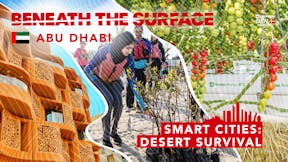
Beneath The Surface
Join us at Masdar City and discover if a truly sustainable city can survive and prosper in the desert. We also popped into Champions for Change, SailGP’s global thought leadership network, to learn how the league's partners are approaching water scarcity and agriculture in the middle east.

Access All Areas
Light winds were forecast for the inaugural Mubadala Abu Dhabi Sail Grand Prix, and with Driver Nicolai Sehested expecting his 2nd child, the team welcomed the 'wind whisperer' himself, Nathan Outteridge.
